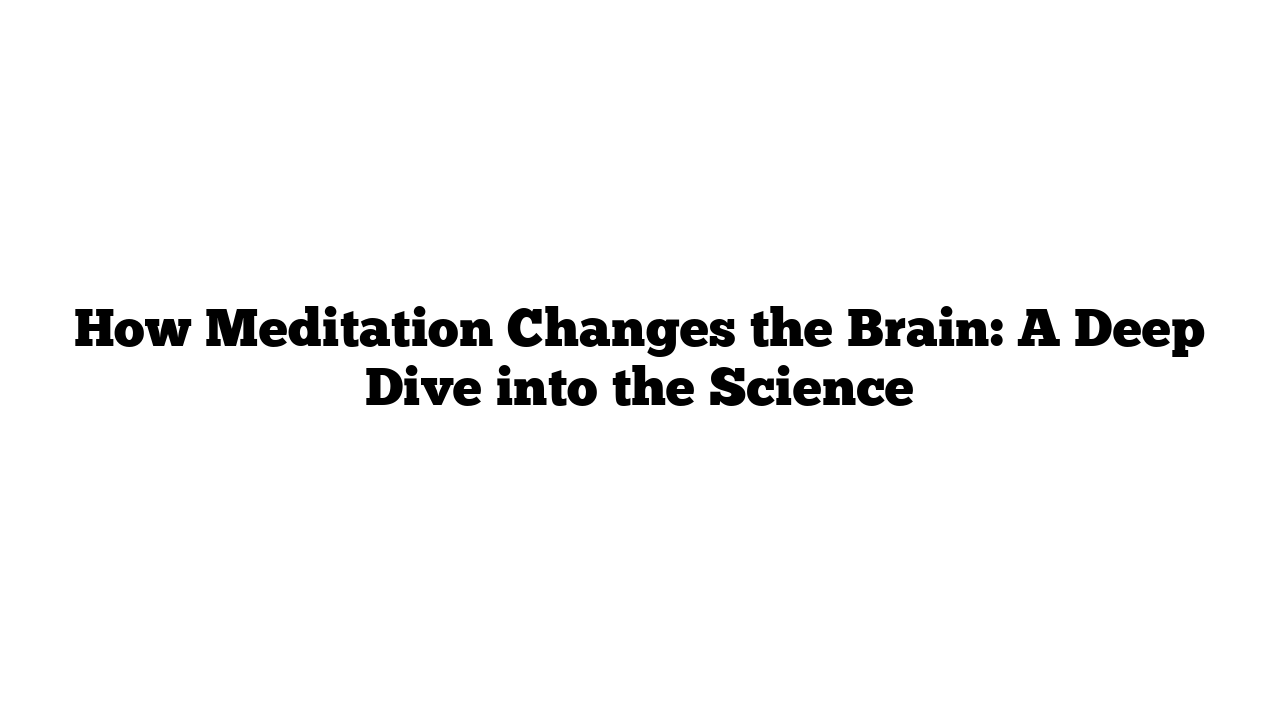Researchers have known for decades that meditation can significantly improve both physical and mental health. It helps relieve stress, lowers blood pressure, and can elevate your mood. However, it’s only in recent years that neuroscientists have begun to explore the changes in brain structure associated with the benefits of meditation.
The Brain’s Adaptability: Rewiring Neural Circuits
Like all activities we engage in, meditation has the power to rewire our neural circuits. It prunes away the least used connections while strengthening the ones we use most. Most studies focusing on the brain changes due to meditation have examined mindfulness meditation, which encourages individuals to maintain their attention on the thoughts and sensations occurring in the present moment.
Evidence from Research
While scientists acknowledge that many of these studies are small and not perfectly designed, they have gathered enough evidence to be confident in their findings. For instance, experiments suggest that Buddhist monks exhibit robust connections between scattered regions of their brains, enabling more synchronized communication.
Furthermore, expert meditators tend to have a particularly wrinkly cortex, which is the outer layer of the brain. This area is crucial for many of our advanced mental abilities, such as abstract thought and introspection.
Impact on Memory and Attention
Several studies have confirmed that meditation can increase both the volume and density of the hippocampus—a seahorse-shaped region located in the middle of the skull that is vital for memory. Interestingly, while areas of the brain responsible for sustaining attention typically shrink with age, meditation seems to counteract this decline.
Increasing evidence shows that meditating for as little as 12 to 20 minutes a day over several weeks can enhance mental sharpness. In these studies, participants who meditate scored higher on tests measuring attention and working memory, which is the ability to temporarily store and manipulate information. Remarkably, some lifelong meditators in their 50s and 60s even outperform individuals in their 20s on tests of visual attention.
Start Your Meditation Journey
If you’re interested in experiencing the benefits of meditation for yourself, the best time to start is now. Whether you’re looking to reduce stress, enhance your memory, or improve your focus, meditation offers a wealth of advantages supported by scientific research.
For more insights on meditation and its effects on the brain, consider checking out the following resources:
